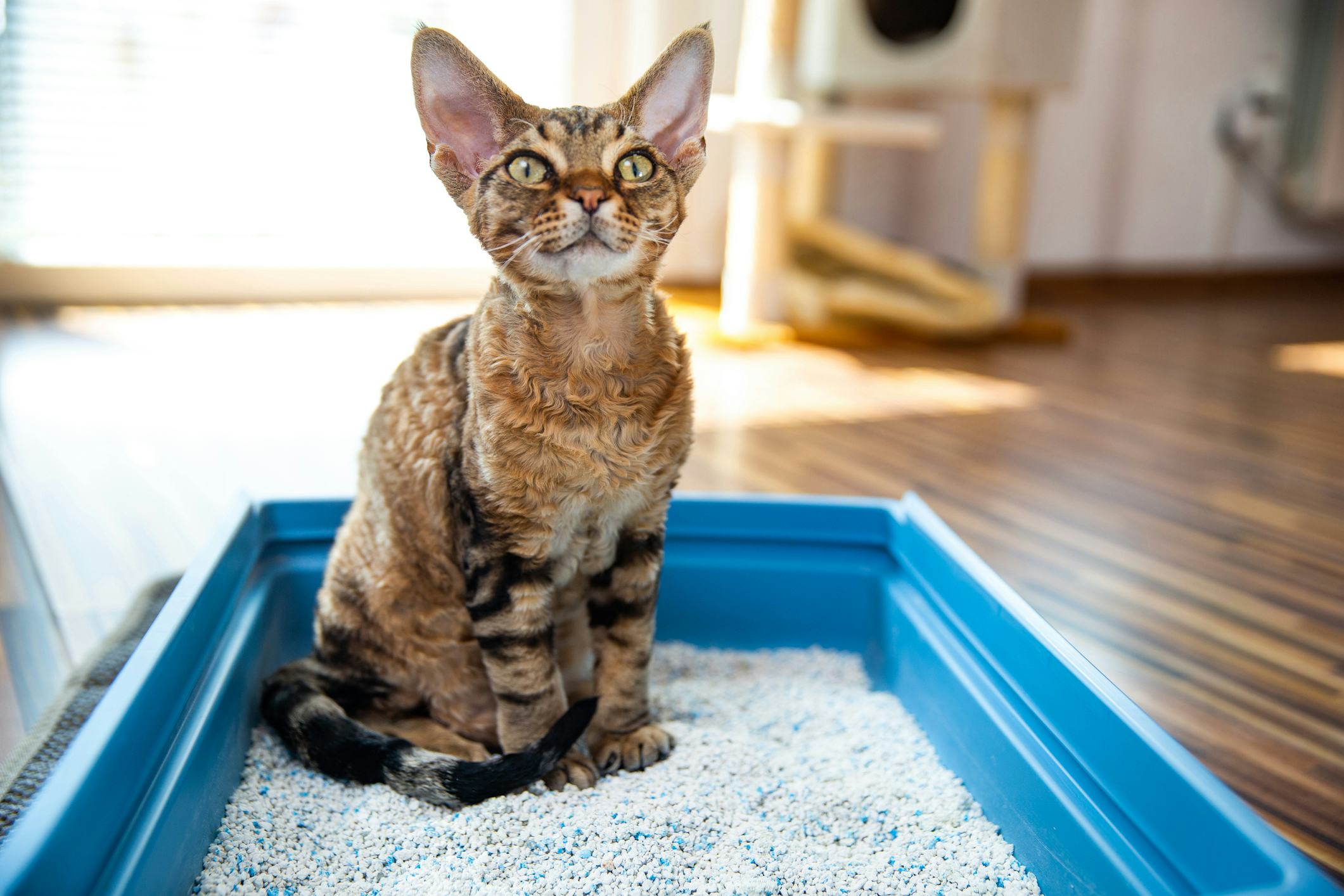Right here down the page you can discover more wonderful facts regarding Don’t flush cat feces down the toilet.

Intro
As feline owners, it's vital to bear in mind how we take care of our feline good friends' waste. While it may seem hassle-free to flush pet cat poop down the toilet, this technique can have harmful effects for both the environment and human health and wellness.
Ecological Impact
Flushing cat poop presents unsafe pathogens and bloodsuckers into the water, presenting a considerable threat to aquatic ecosystems. These contaminants can negatively affect aquatic life and concession water top quality.
Wellness Risks
Along with ecological problems, purging pet cat waste can likewise present health and wellness risks to human beings. Feline feces may have Toxoplasma gondii, a bloodsucker that can cause toxoplasmosis-- a potentially extreme health problem, particularly for expectant women and people with damaged immune systems.
Alternatives to Flushing
Fortunately, there are more secure and a lot more liable methods to deal with cat poop. Take into consideration the adhering to options:
1. Scoop and Dispose in Trash
The most typical technique of throwing away feline poop is to scoop it right into a naturally degradable bag and toss it in the trash. Be sure to make use of a devoted clutter scoop and throw away the waste quickly.
2. Usage Biodegradable Litter
Select biodegradable feline litter made from products such as corn or wheat. These clutters are environmentally friendly and can be safely taken care of in the trash.
3. Bury in the Yard
If you have a lawn, think about hiding feline waste in an assigned area away from vegetable yards and water resources. Make certain to dig deep adequate to stop contamination of groundwater.
4. Mount a Pet Waste Disposal System
Purchase a family pet waste disposal system especially designed for pet cat waste. These systems use enzymes to break down the waste, minimizing smell and environmental influence.
Conclusion
Liable pet ownership expands past supplying food and sanctuary-- it likewise involves appropriate waste management. By avoiding purging feline poop down the bathroom and going with different disposal methods, we can minimize our ecological impact and safeguard human health and wellness.
Why Can’t I Flush Cat Poop?
It Spreads a Parasite
Cats are frequently infected with a parasite called toxoplasma gondii. The parasite causes an infection called toxoplasmosis. It is usually harmless to cats. The parasite only uses cat poop as a host for its eggs. Otherwise, the cat’s immune system usually keeps the infection at low enough levels to maintain its own health. But it does not stop the develop of eggs. These eggs are tiny and surprisingly tough. They may survive for a year before they begin to grow. But that’s the problem.
Our wastewater system is not designed to deal with toxoplasmosis eggs. Instead, most eggs will flush from your toilet into sewers and wastewater management plants. After the sewage is treated for many other harmful things in it, it is typically released into local rivers, lakes, or oceans. Here, the toxoplasmosis eggs can find new hosts, including starfish, crabs, otters, and many other wildlife. For many, this is a significant risk to their health. Toxoplasmosis can also end up infecting water sources that are important for agriculture, which means our deer, pigs, and sheep can get infected too.
Is There Risk to Humans?
There can be a risk to human life from flushing cat poop down the toilet. If you do so, the parasites from your cat’s poop can end up in shellfish, game animals, or livestock. If this meat is then served raw or undercooked, the people who eat it can get sick.
In fact, according to the CDC, 40 million people in the United States are infected with toxoplasma gondii. They get it from exposure to infected seafood, or from some kind of cat poop contamination, like drinking from a stream that is contaminated or touching anything that has come into contact with cat poop. That includes just cleaning a cat litter box.
Most people who get infected with these parasites will not develop any symptoms. However, for pregnant women or for those with compromised immune systems, the parasite can cause severe health problems.
How to Handle Cat Poop
The best way to handle cat poop is actually to clean the box more often. The eggs that the parasite sheds will not become active until one to five days after the cat poops. That means that if you clean daily, you’re much less likely to come into direct contact with infectious eggs.
That said, always dispose of cat poop in the garbage and not down the toilet. Wash your hands before and after you clean the litter box, and bring the bag of poop right outside to your garbage bins.
https://trenchlesssolutionsusa.com/why-cant-i-flush-cat-poop/

I stumbled upon that review on Can You Flush Cat Poop Down The Toilet? when doing a search on the internet. Appreciated our piece of writing? Please share it. Let other people discover it. We take joy in reading our article about Can You Flush Cat Poo or Litter Down the Toilet?.
Get Your Estimate Now
Comments on “Dangers of Disposing Cat Poop in Your Toilet - Precautionary Measures”